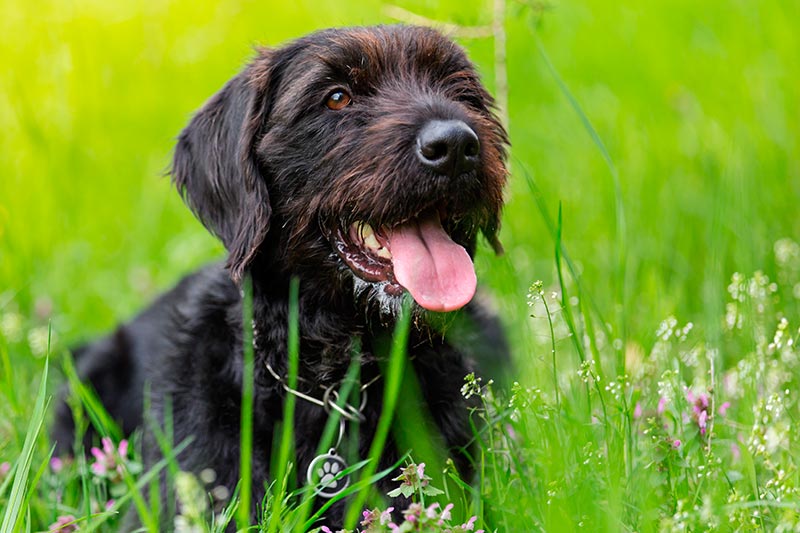Both cats and dogs are considered senior pets from the age of seven years. Did you know you should tweak their diet and exercise regime as they get older? Here are some tips for caring for senior pets.
Junior or Adult?
The kitten or puppy phase only lasts 12 months, then pets are adolescents or juniors. Once your furry friend turns seven they are officially an adult! In human years, a seven-year-old cat is 45 and a dog 45-55 years old. Small pets such as rabbits are young adults from 7-12 months, mature adults from 1-6 years and senior at 6 years and over.
Signs of Aging
You may start to notice your pet slow down. Your pup no longer has endless energy and after a few rounds of fetch will need to take a break, while cats will start sleeping more and avoid rough play. Other things to watch for in senior pets include, weight gain, struggling to rise, cloudy eyes or excessive blinking and pawing at the eye, not hearing commands, and slow movements. Just like their owners, as pets age they are prone to more serious illnesses such as cancer, weakness and joint or bone diseases like arthritis. Knowing what to look for and taking senior pets to your local Greencross Vets if worried is the best preventative action to keep your best friend healthy and comfortable.
Diet
Pets benefit from specialised diets at all ages, especially when their puppies and as geriatric pets. Senior pets’ dietary needs change because as they age their body needs different nutrients. Lower calorie foods to prevent weight gain and high-fibre diets to improve gastrointestinal health are essential for dogs. To meet your cat’s needs a canned food high in nutrients as opposed to dry food can provide variety and encourage a healthy intake of food. A rabbit’s diet should also change as they age. Reduce the amount of pellets and increase the amount of grass hays, fresh veggies and limit fruit.
Exercise
Your senior pet may not be able to play for as long or as hard as they used to but regular exercise is still crucial for a healthy pet! Senior dogs benefit from regular low-impact exercise such as daily 20-minute walks. Providing chew toys are also great for mental and physical stimulation without risking them smelling something, taking off at full speed and injuring a leg. Similarly, cats will benefit from regular play to keep their bodies supply and injury-free. A brown paper bag that crinkles is exciting for cats, or hide small treats in a rolled up paper towel. Rabbits also benefit from exercise to prevent obesity. Like cats, hiding small treats in old tissue boxes or toilet paper rolls encourages movement and is mentally stimulating.
Did you know the oldest recorded age of a dog is 29 years while a cat is 34 years! Find out more about senior pets and how you can provide them with the right care.


